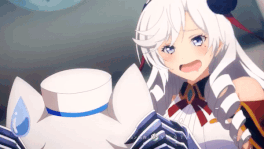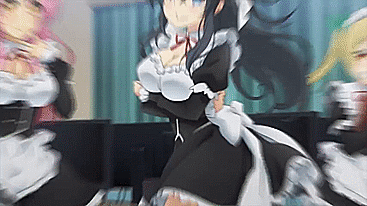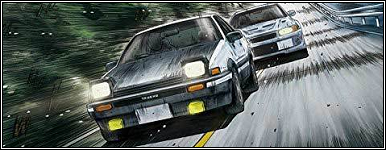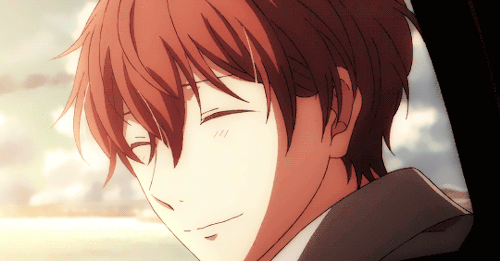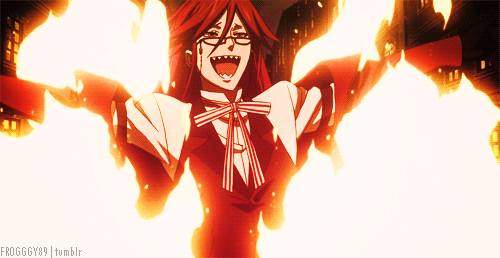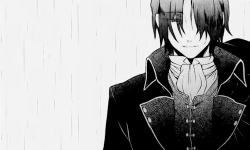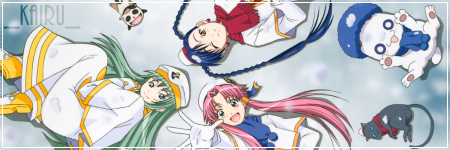So this episode starts with the proper introduction of the leader of the Guild, Francis Scott Fitzgerald. A very well known English writer in real life, Fitzgerald is known for embodying the American dream within his works, but at the same time he is very well known for his racist rants about Jewish people and some less than savory comments made. So it is only fitting that the character based upon him would be rich, unapologetic and dangerous individual who looks down on everyone else and thinks he can buy everything and everyone in the world. Fitzgerald's real life behavior as a bit flamboyant quiet gentleman also fits well with such character.
Its only fitting that someone like that would get into a conflict with Yukichi Fukuzawa whose real life self is strongly based upon fighting for civil rights, known as the foundation of all that we know as Japan in the present days.
Its literally a conflict between the embodiment of American dream and embodiment of modern japan, with Fitzgerald promising to take down all of Fukuzawa's subordinates in order to take over his agency, which is a nice parallel to real life Fukuzawa having dedicated his life onto educating Japanese and giving them a chance to stand against the western imperialism invasion into japan back then.
Its also kind of hilarious that the first to be taken out is Kenji which embodies a simple-minded countryside existence, total opposite of a flamboyant rich lifestyle of Fitzgerald's writing.
Guild's threat in this episode is mainly presented by Lucy Montgomery, a character based upon Lucy Maud Montgomery - the author of Anne of The Green Gables book series. Montgomery in real life was someone who spent her childhood and teenage years alone - the author admits to have spent that time creating and interacting with imaginary friends and fictional characters she created. Which is I guess the basis of the ability of Lucy Montgomery in Bungou, as well as her obsession with not being thrown away by the Guild and not wanting to stay alone within her dimension forever.
To make things more complicated, we also finally get introduced to the boss of Port Mafia, Mori Ougai, based upon a renowned Japanese writer and ex-surgeon. Mori in his writings was someone who rejected the idea of realistic portrayal of the world and embraced focusing on human emotion and human mind, writing about personal struggles and experiences of people instead of fictional and mythological themes. Mori is an interesting writer to follow since a his progression in writing from start to finish shows Mori's slow detachment from empathy as the works grow colder and less emphatic. So it is very interesting to see that kind of be reflected in Ougai Mori in the show, who is a walking contradiction - an ex-surgeon and an inspiring leader, who now has taken up a job of making profit off murder and crime. His companion, Elise, is also based upon a character in his work Maihime, which is a tale about a japanese medical student studying in germany and his tragic romance with a local dancer Elise. Maihime is a tale about a man condemned by the system and a relationship threatened by trying to find a role within modern society. The story is rumored to be a sort of autobiography since Ogai Mori also studied in university in Germany. It does make me very interested in the show's Elise and how she is related to the show's Ogai. Either way, if we take into account the narrative of Maihime as Ogai Mori's own autobiography, Ogai is yet another author with tragedies in his life just like majority of authors that Bungou Stray Dogs based their characters upon.
In a way this mid-season finale of Bungou Stray Dogs sets up a three way conflict between three very different ideologies and groups and reveals just a bit more of Port Mafia's higher ups we have yet to see, showing us the kind of person who Dazai would have answered to back in his time in Mafia. The lower ranked cogs in the machine are nothing more than corporate suits doing their jobs they are assigned to, but what makes Port Mafia terrifying is perfectly embodied in Mori's character - a competent, collected and dangerous leader who always finds the right words and who comes off in control without needing to rely on super powers or strength. And in a way his behavior and his ability to slip into different kind of tones and behaviors is VERY reminiscent of Dazai too. It really helps to establish that what we saw of Port Mafia is just a tip of the iceberg and that Dazai in his Port Mafia years certainly was not just an exception.
This show is a freaking surreal experience to anyone interested in literature and culture(and now not just Japanese!). It really amazes me at how the author weaves in various layers within the plot that connect and reference the real life lives of those authors and their personalities and works. The show has multiple layers - on the surface you have a decent contemporary action show with great comedy. Yet inside that you have a meta-layer of how various authors, their works and ideologies interact with each other and with our world. I am not even sure I caught all of the things and references so far, because if anything, the author of this is certainly well educated in literature and knows a LOT about the writers he writes about. Bungou Stray Dogs remains a fascinating work to follow and enjoy and I for one can't wait for second cour in the fall. |

